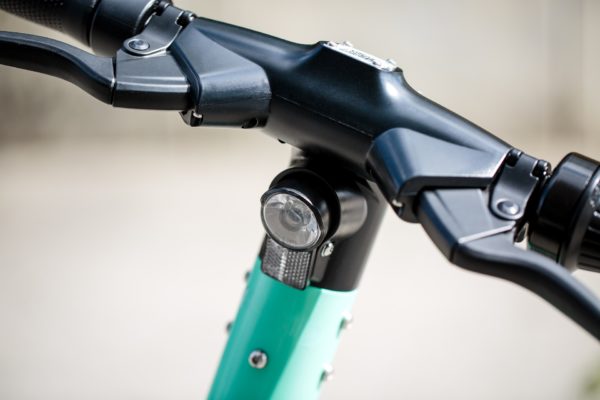
In the end, the inevitable happened. Facing pressure from the public to crack down on errant personal mobility device (PMD) users, the Singapore authorities banned e-scooters on footpaths and introduced stiff penalties for offenders yesterday.
Though the decision isn’t that much of a surprise, the swiftness of the change is. The new rules come into effect today, just a day after they were announced by Dr Lam Pin Min, the Senior Minister of State for Transport.
The penalties are also meant to deter. Fines of up to S$2,000 and jail time of up to three months await offenders who are caught in 2020. For now, warnings are given out during an advisory period.
Though the ban isn’t a complete one – e-scooters can still be used in park connectors and cycling paths – the stricter rules mean that they cannot be used in the areas they are most commonly used now.
The authorities must have acted quickly because another day they are seen not doing enough is another day of risking a deadly accident on a footpath or a fire in a flat. Enough is enough, many have said.
While the ban has been cheered by those opposed to PMDs, the question is whether there will be adequate enforcement to back up the tougher rules.
Too often, e-scooter riders endanger pedestrians and other road users and then simply, well, scoot off. Without any licence plate to track them, it becomes difficult to catch these offenders.
In response, the Land Transport Authority would boost its number of enforcement officers to 200 by the end of the year, Dr Lam also said in Parliament, yesterday. Well, they have a tough job on their hands.
Just last night, as I went on a jog again, along the same stretches of road near Punggol Park where PMD riders are a known menace, I saw one e-scooter rider casually move from a footpath and cross a busy traffic junction when the light was not in his favour.
Lucky for him, there wasn’t a car turning in his direction. Or a pedestrian who was on the other side who could have been hit by him. Yes, just another day of living with PMDs in Singapore.
The bad news is that many responsible PMD riders will be affected by the ban. Even though the majority ride safely, the black sheep who continually flout the rules have made it impossible to give free rein to a technology that was meant to reduce the use of cars.
Deliverymen who ride their PMDs to bring food to busy folks would also be affected. Expect your delivery from Grab and Foodpanda to be delayed or not even delivered because 30 per cent of the deliverymen use PMDs to get around.
Perhaps you can’t have good things if you’re selfish. PMDs would have been a useful addition to a smart city, not just for the food delivery but also enabling people to move around conveniently.
For that, however, you need to remember that you can’t always have your way. Not in a small, congested place like Singapore, where there just isn’t enough space everywhere for multiple tracks for pedestrians, e-scooters and roads.
For now, the best thing to hope for is PMD riders to obey the rules and not cause any more unnecessary accidents. If they continue to be a menace, the authorities will be pressurised to further restrict their use.
And that’s the most unfortunate thing here. The technology brings benefits to so many, but a minority has abused it and forced it to be severely restricted for everyone.
“We expected the co-sharing of footpaths to be challenging but were hopeful that with public education, PMD users would be gracious and responsible,” said Dr Lam. “Unfortunately, this was not so.”






